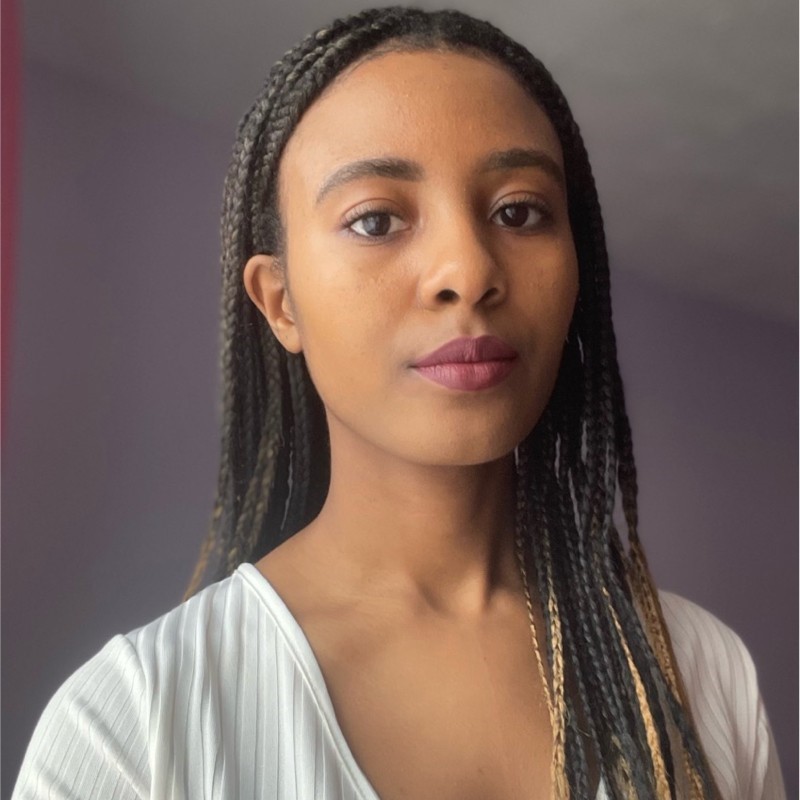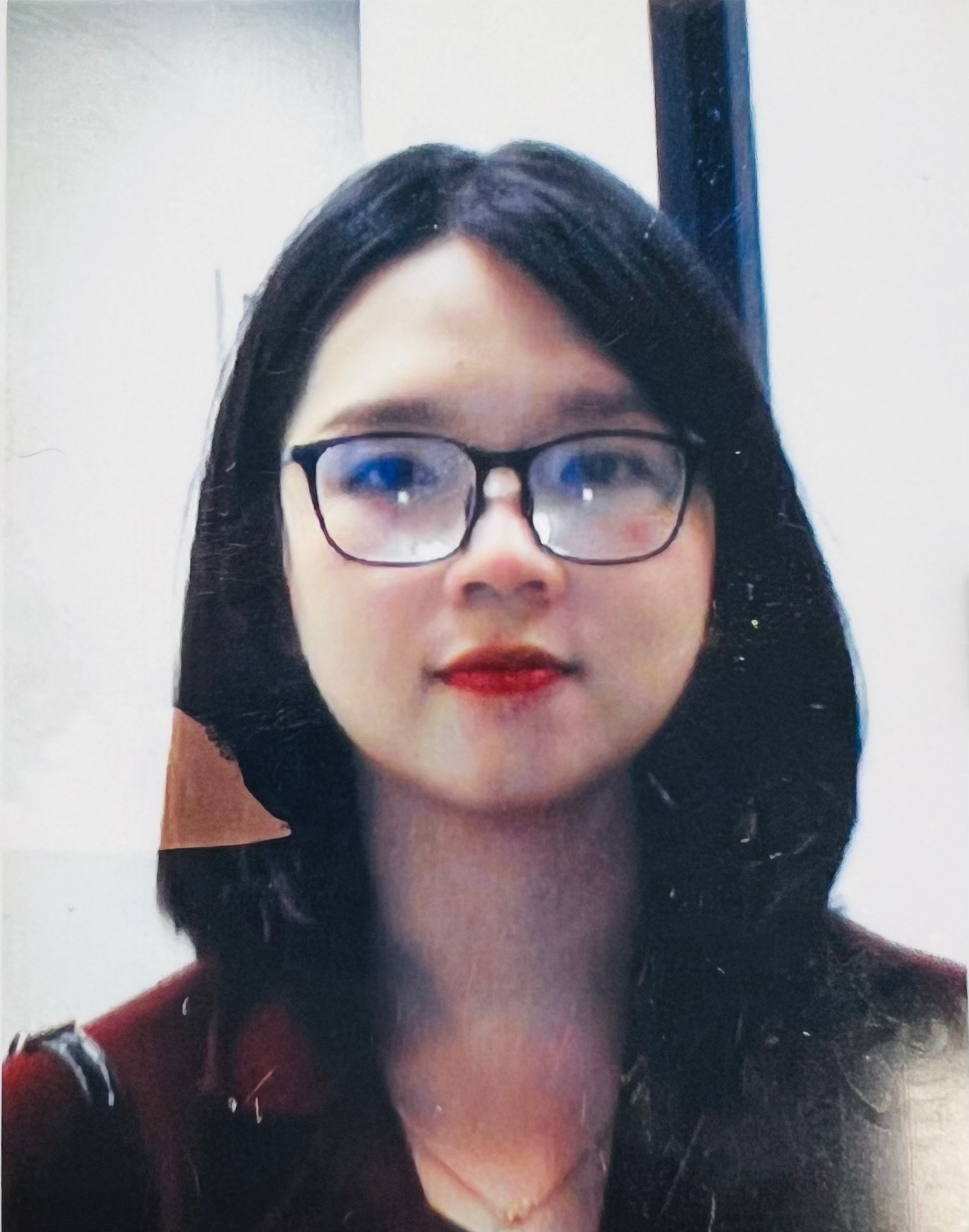
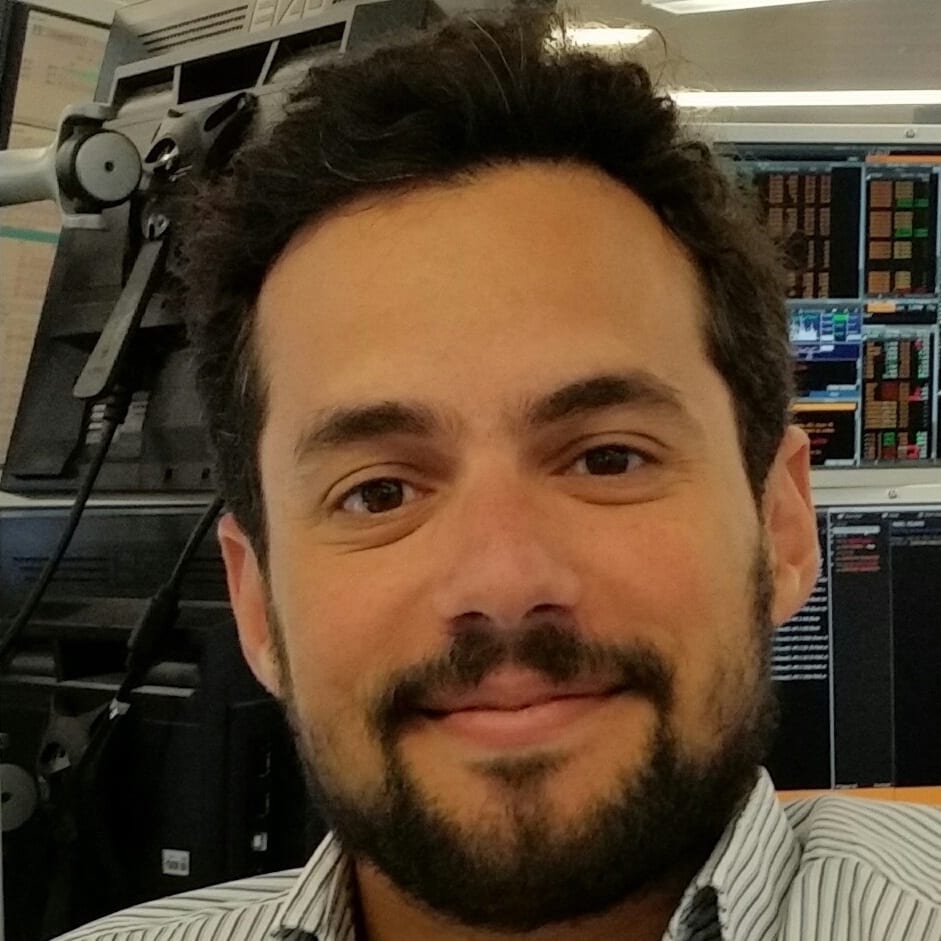
Alexander Vlassis
Success Story: Alexander Vlassis
As part of our ongoing Success Stories series, we spoke with Alexander Vlassis, Senior Natural Gas Trader, about what his work involves on a daily basis, the temperament of a trader, and the foundational background needed if you’re looking to get into a career in trading.
Hi Alex, thanks for sitting down to talk with us. Could you tell us what your role involves on a daily basis?
My job is to trade the different NW European gas markets, monitor supply and demand for natural gas, and monitor all the developments on a global perspective in order to be able to make accurate and profitable trading decisions on a daily basis.
My typical day would be to wake up, have a big jug of coffee and check all these different changes before coming to the office to make informed decisions. We need to be agile, quick, and up-to-speed by the time we are at the trading floor.
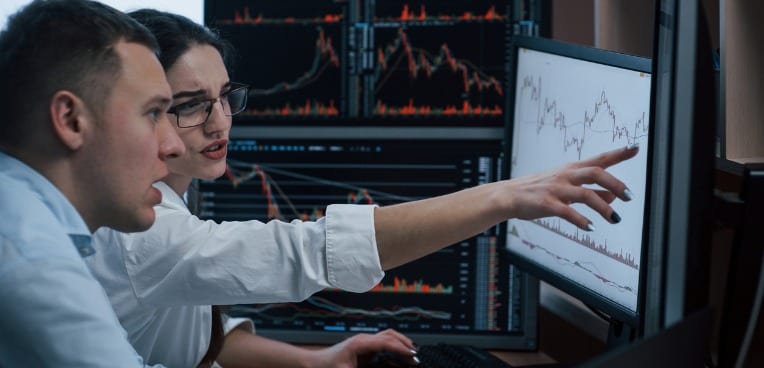
What kind of attributes does a trader need to be able to carry out their duties?
A trader should be a quick decision-maker, a multi-tasker, have high attention to detail, and always have a clear view on where the market is. There’s a large amount of responsibility and quick-thinking involved, so one needs to be receptive to different changes in the market. But most importantly, a trader needs to be a person that is happy to take risks and can work well under time pressure, as one has to adhere to very tight deadlines and also manage these risks in real time.
As markets constantly move around all the time, it’s always challenging to sell/buy at the right moment to secure the highest/lowest price. Therefore one needs to be a very diligent decision-maker and have quick alternating views on the direction of the market.
A trader should also be vigilant of wider global events that can have a huge impact to the market, like for example, the nuclear accident at Fukushima in 2011; that was an event that changed our market very, very fundamentally, not simply at that moment in time, but for a few years after it, too. Therefore we need to be on top of things when something happens at any point of the day or night.
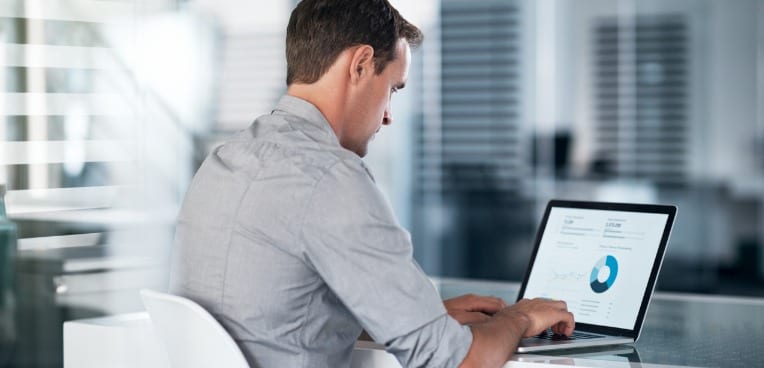
What is it exactly that influences gas prices throughout the year?
Gas as commodity has a demand that is highly seasonal. Usually over the winter, gas prices are driven by the demand side as temperatures turn colder which in turn drive demand higher for both heating and power burn. On the other hand, in the summer, as temperatures rise, gas prices are usually determined by the supply side as a few gas producers will run their infrastructure maintenance schedules when gas prices tend to be lower. However, as gas markets have become more globally interlinked with the advent of higher LNG trading, this seasonality has tended to wither down over the last 10 years.
Apart from seasonality, gas prices are also determined by prices of substitutes like coal and oil and also by the prices of power and emissions which in turn determine the margins for power genarators. On a more macro level, gas prices will be determined by the wider global economic growth, especially in emerging gas demand regions in Asia (mainly China and India).

Is there any kind of collaboration with other teams as a trader?
As traders we cooperate with various different teams throughout the business. We work very closely with meteorologists and the fundamental analyst team because we need to forecast demand and supply side very accurately and timely. We also work closely with different trading teams, like the power, LNG and oil trading departments, as gas is very interlinked and correlated to the wider energy complex. We also work very closely with physical gas operations and logistics as the biggest chunk of our business is gas trading, transportation and the physical delivery of gas
Aside from front office we work closely with risk, product control, credit and settlements as we constantly need to adhere to risk limits, sign off positions and make sure we’re not taking any excess risks that we can’t manage.

What kind of background should a trader come from? Are there any qualifications they need?
Usually, the people who come into trading have an economics or finance background, but this is not exclusive as everybody comes from a different background. There are a few people who come from a mathematics or engineering background, but I’d say the most common place would be economics, finance or engineering.
Click here for the latest news and features from SEFE Marketing & Trading or visit our homepage to find out about our latest career opportunities.
The views, opinions and positions expressed within this article are those of our third-party content providers alone and do not represent those of SEFE Marketing & Trading. The accuracy, completeness and validity of any statements made within this article are not guaranteed. SEFE Marketing & Trading accepts no liability for any errors, omissions or representations.


